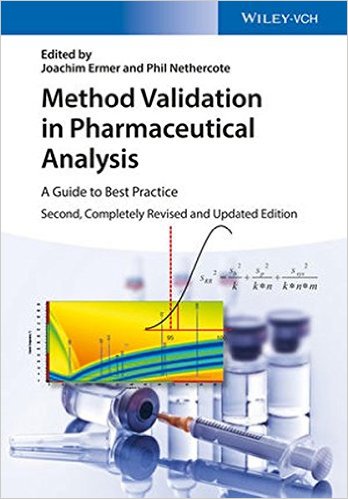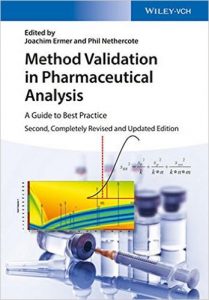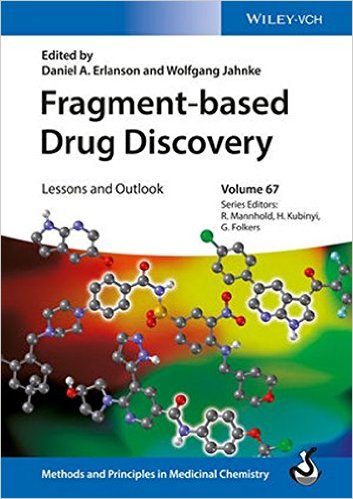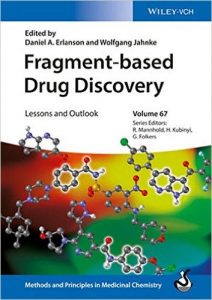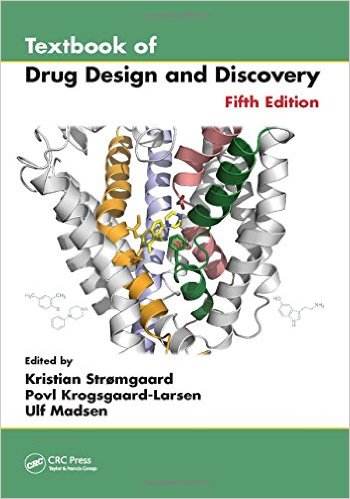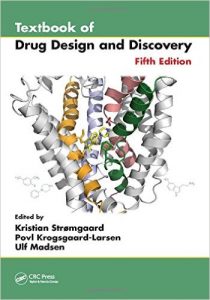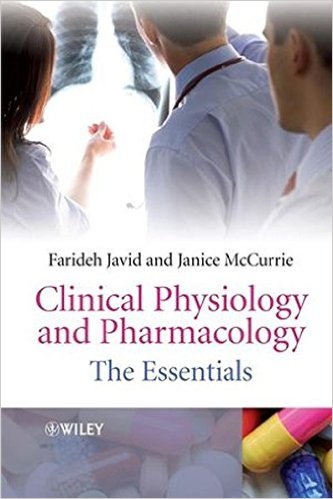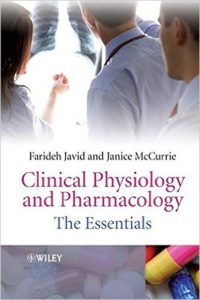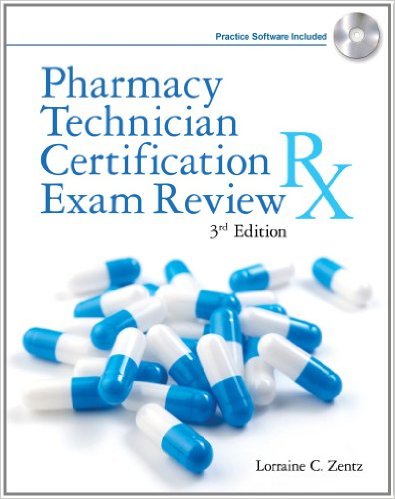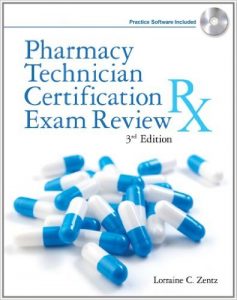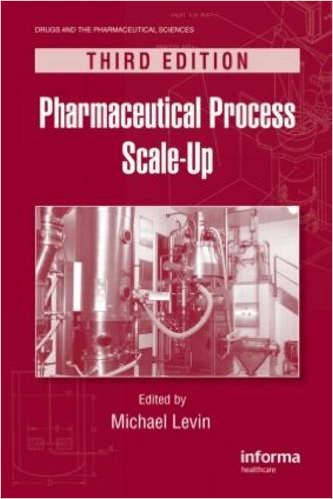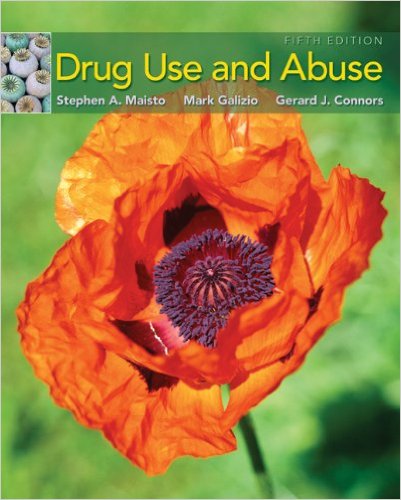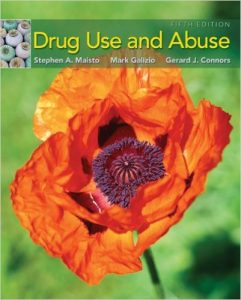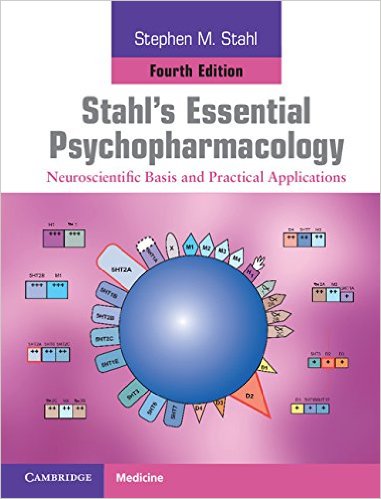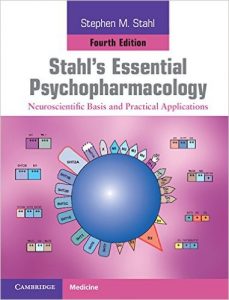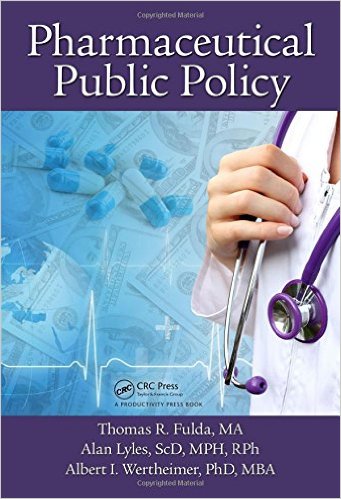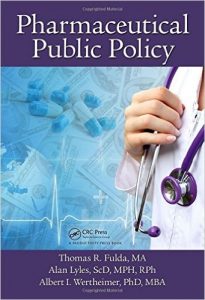Metallotherapeutic Drugs and Metal-Based Diagnostic Agents: The Use of Metals in Medicine 1st Edition
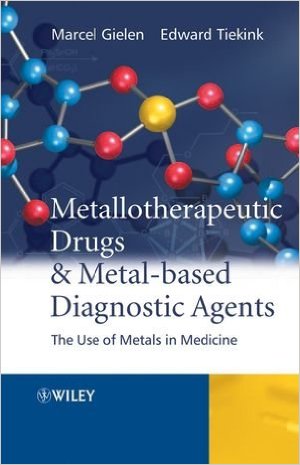
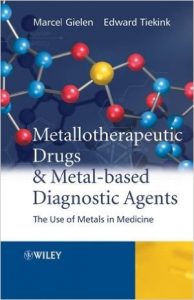
[amazon template=iframe image2&asin=0470864036]
There are an astonishing number and variety of roles that metals play in contemporary medicine. This book contains information on the medicinal uses of inorganics, that is, of elements such as boron, lithium, selenium, to name a few, as well as metal-containing species.
In keeping with the notion that healthy mammals rely on (bio-essential) metals for the normal functioning of approximately a third of their proteins and enzymes, a large number of drugs are metal-based and considerable effort is being devoted to developing both second- and third-generation drugs as well as generating novel metal-based drugs. While there is no doubt that there is an emphasis on ‘Metallotherapeutics’ throughout the volume, the use of metals in medicine is not restricted to metal-based drugs. The following are also covered:
- non-invasive radiopharmaceuticals
- Magnetic Resonance Imaging (MRI)
- mineral supplements
From the foregoing and, more importantly, from the contents of the various Chapters, the reader will gain an appreciation of the very real role metal-based drugs play in modern medicine and of the considerable effort being devoted to the development of novel complexes with greater efficacy as therapeutic and diagnostic agents.
DOWNLOAD THIS BOOK FREE HERE

